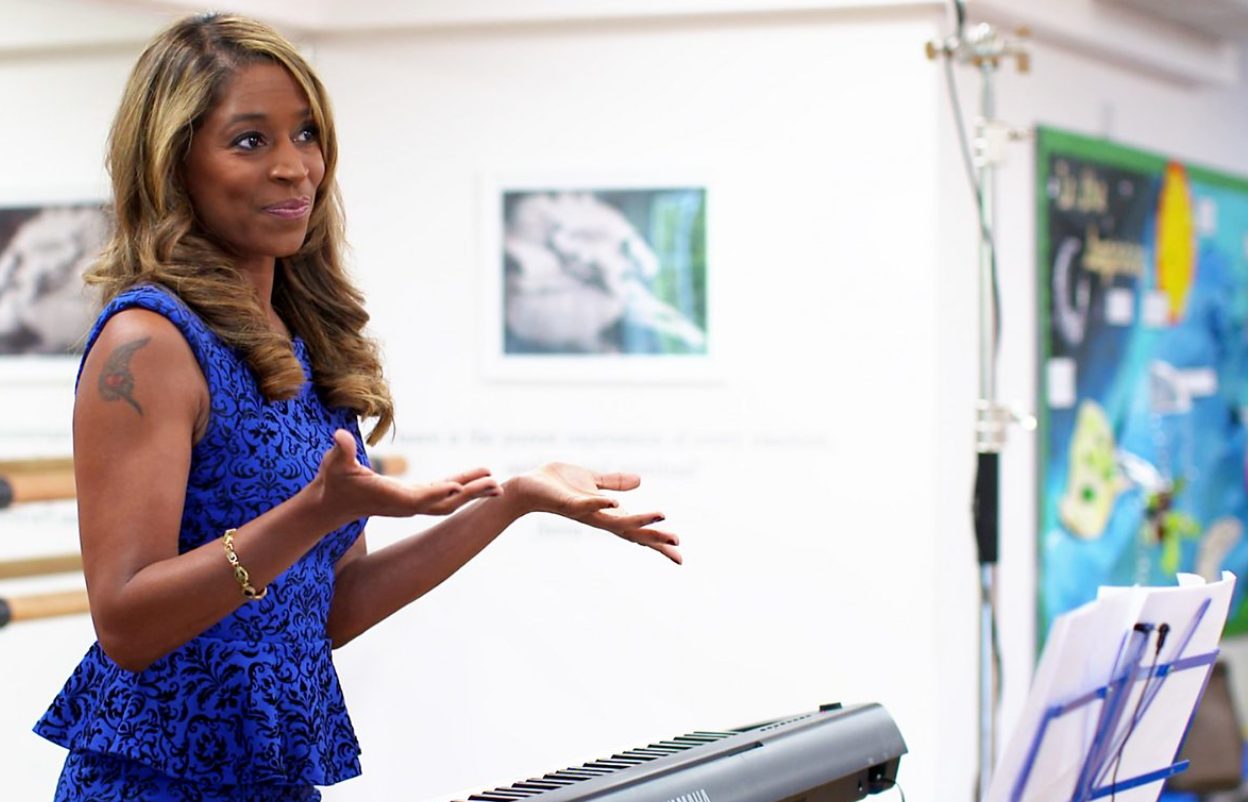Overcoming Challenges: The Healing Power of Music
Music possesses a profound ability to heal, bringing comfort and clarity during life’s toughest moments. In my own experiences, detailed in two insightful BBC articles and here, I’ve explored the healing power of music. These features delve into the depths of how music can foster resilience and healing, a theme I’m passionate about sharing. Join me as we uncover how music not only entertains but also empowers us to overcome challenges, echoing the healing power of music that resonates through every note.
Understanding the Healing Power of Music
Music therapy has emerged as a scientifically-backed approach to improving mental health. Research shows that music can stimulate emotions through specific brain circuits. It can regulate stress, elevate mood, and even strengthen cognitive and sensory-motor functions. The first BBC feature shares the story of a young musician who found solace in music after a personal loss, illustrating how deeply music can impact our emotional resilience. Similarly, the second article highlights a community project where music therapy brought diverse groups together to heal after a communal tragedy.
Practical Ways Music Can Help
Music Therapy Techniques
The healing power of music is evident in practical applications that everyone can incorporate into their daily lives. These activities are designed to help individuals process emotions, communicate, and manage stress. For those struggling with anxiety, depression, or trauma, music therapy can offer a valuable outlet to express feelings and achieve emotional balance.
Everyday Practices
Incorporating music into everyday life can also serve as a powerful self-care tool. Simple practices like starting the day with an uplifting tune, creating playlists for different moods, or even attending live music events can enhance one’s emotional well-being. Music can serve as a companion during exercise, meditation, or even while cooking, turning routine activities into moments of joy and reflection. As discussed in the BBC’s examination of daily music integration, the benefits extend far beyond temporary joy, influencing long-term mental health positively.
Implementing Music as a Healing Tool
Getting Started with Music Therapy
For those interested in exploring music therapy, it’s advisable to consult with a certified music therapist who can tailor sessions to individual needs. Many community centres, hospitals, and wellness programs offer music therapy services. Links to resources and professional organisations can be found on platforms such as the British Association for Music Therapy.
DIY Music Healing Activities
For DIY enthusiasts, there are plenty of activities to try at home. Engaging in drum circles, practising mindful listening, or even learning a new instrument can be therapeutic. Additionally, writing songs or engaging in collaborative music projects with friends or family can foster a deeper connection to music and its healing properties. These personal experiences mirror the stories shared in the BBC features, where individuals harnessed music for personal growth and community bonding.
Conclusion
The healing power of music is both vast and profoundly personal. As we’ve explored the healing power of music through scientific insights and practical advice, we see how it offers numerous avenues to aid in overcoming life’s challenges. Whether through formal therapy or everyday enjoyment, music remains a steadfast ally in the journey toward mental and emotional well-being.

